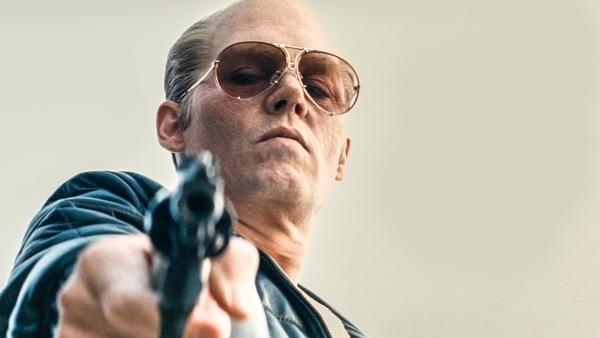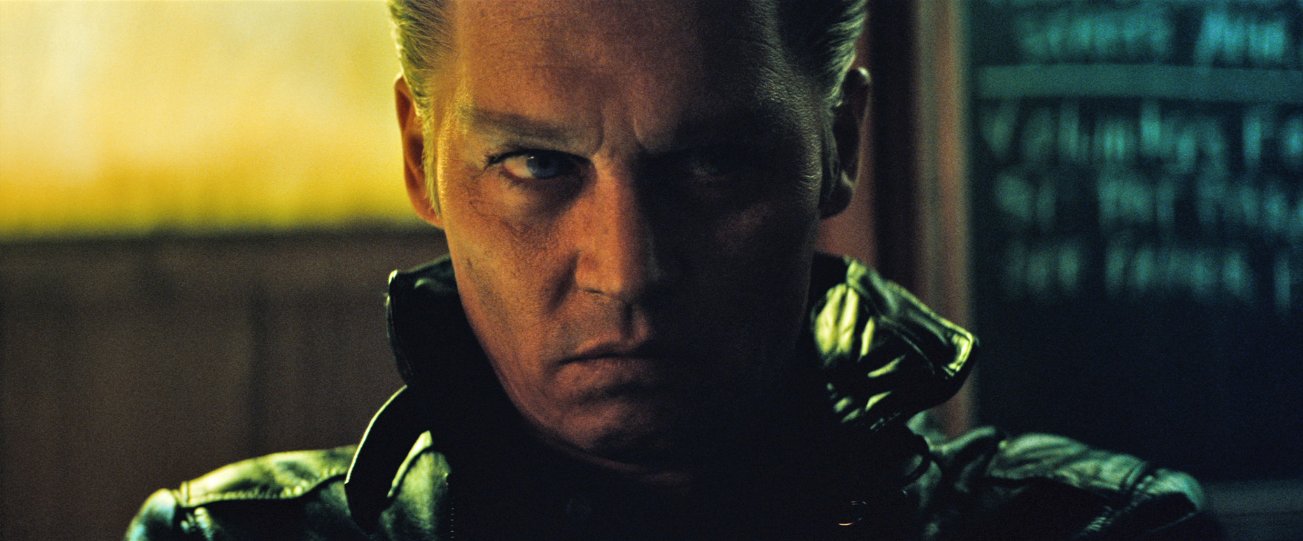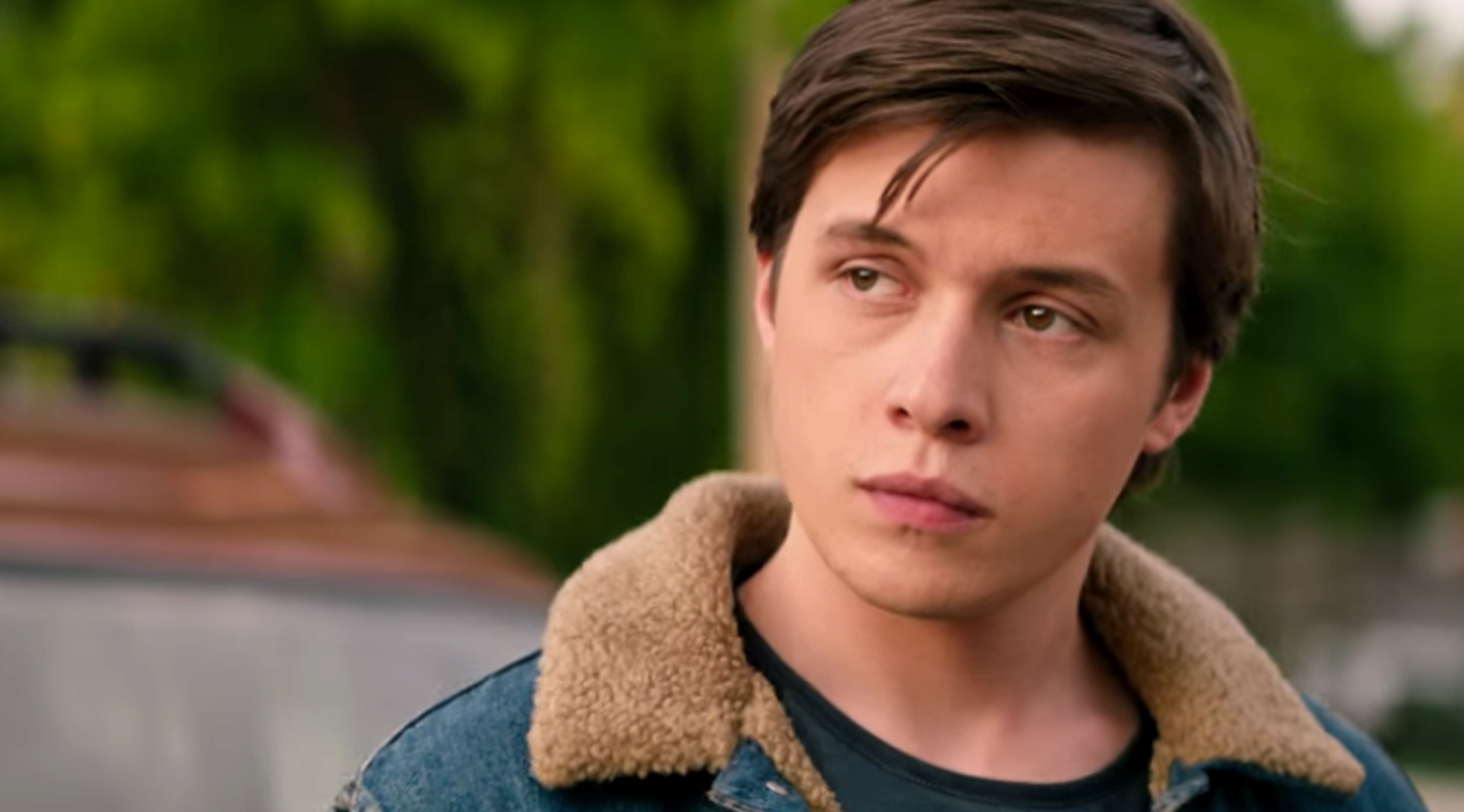Reviewers have referred to Black Mass as a gangster horror movie, and that’s certainly fitting. Johnny Depp skulks in the shadows, pale blue eyes glinting with uncanny menace, his sharp features and pale, slicked back hair giving him the look of a warmed-over corpse in a leather jacket. Whatever the shortcomings of “Black Mass,” Depp’s presence anchors the film as one of the more memorable recent gangster outings.
As the title implies, “Black Mass” focuses less on the inner lives of the gang members and more on the unholy union between Bulger’s Winter Hill Gang and Joel Edgerton’s F.B.I agent John Connolly. This relationship is almost more central to the narrative than the eponymous gangster’s rise to power. Connolly is smarmy and street smart, with Edgerton imbibing him with an over-the-top charm that steals the scene from the comparably flat Adam Scott, despite the killer mustache.

In fact, Edgerton’s performance ends up making the story difficult to believe, despite the truth behind it. How could so many supposedly hard-boiled F.B.I agents not see that the fast-talking, wisecracking, silk suit wearing kid from Southie was Bulger’s man all along? The seriousness these scenes play out with lends a sort of unbelievable quality to the proceeding events, an effect that at times feels intentional, at others less so. The film never quite manages to explore the political side of things that the book, penned by BU professors, focuses on.
The general seriousness of the movie distinguishes it from easy comparisons to Scorsese’s “The Departed,” also set in Boston. Stylistically the movie doesn’t particularly shock or unsettle in unique ways. It’s at its best during the execution scenes, when Cooper’s camera totally brings the viewer into the scene. Bulger stalks towards his victim in the parking lot, pumping lead, golden light shimmering around him like a halo. The camera hugs one of Bulger’s thug’s shoulders as he closes in on the target, dispatches him with a clean shot, then turns and returns to his business. These handfuls of scenes give the Winter Hill Gang’s brand of violence its own sense of character – rough and immersive.
The movie’s character is never better shown than by when Depp is onscreen. In the first act we see a little of Bulger the father, the man who, on some level, still has to contend with being asked by his son what he did at work today. Once his son dies, however, nothing is left to prevent the local neighborhood gangster from becoming the near mythic character at the end of the film. It’s strange that the movie can show Bulger as a human so late in the film when he emotionally bids his brother farewell, while also having scenes like his mother’s funeral, where he lurks in the balcony and shadows, looking like a modern-day Dracula. It’s both the movie’s most captivating aspect and biggest missed opportunity; we miss out on the chance to see such an infamous gangster painted as a three-dimensional product of broken systems in a broken neighborhood, but that would also deprive us of Depp’s slasher-film persona, and to be honest, I’m not sure that’s worth giving up.




